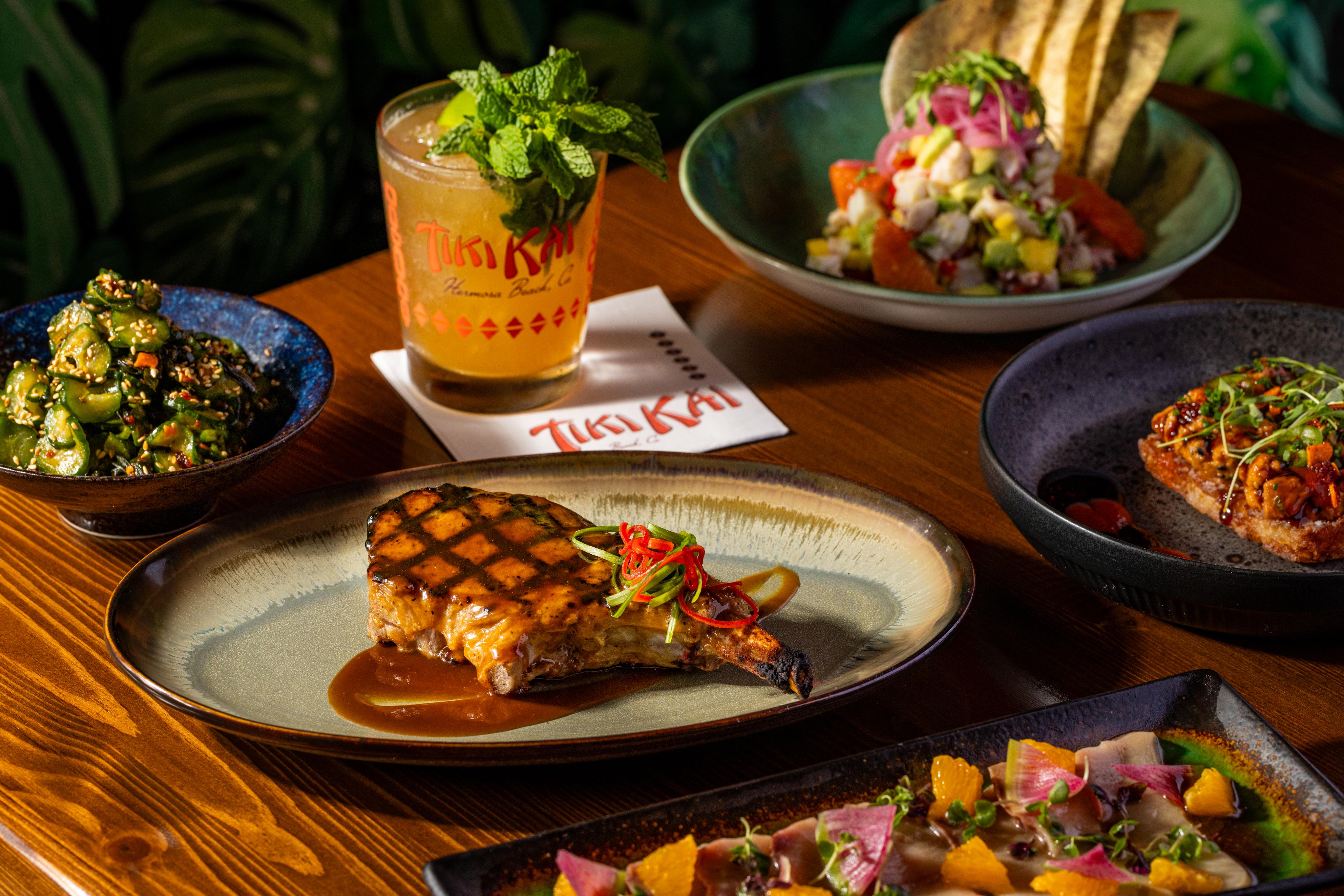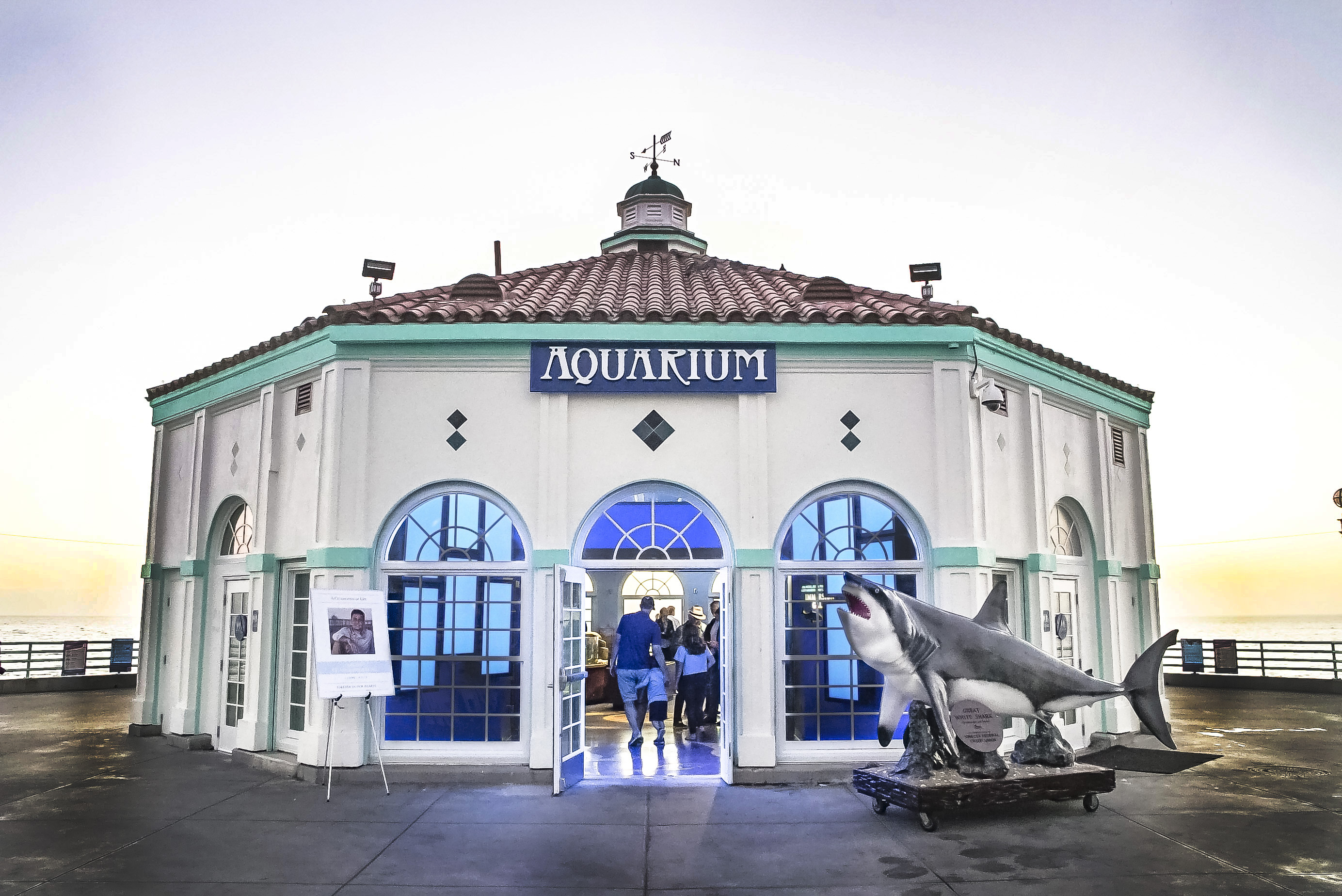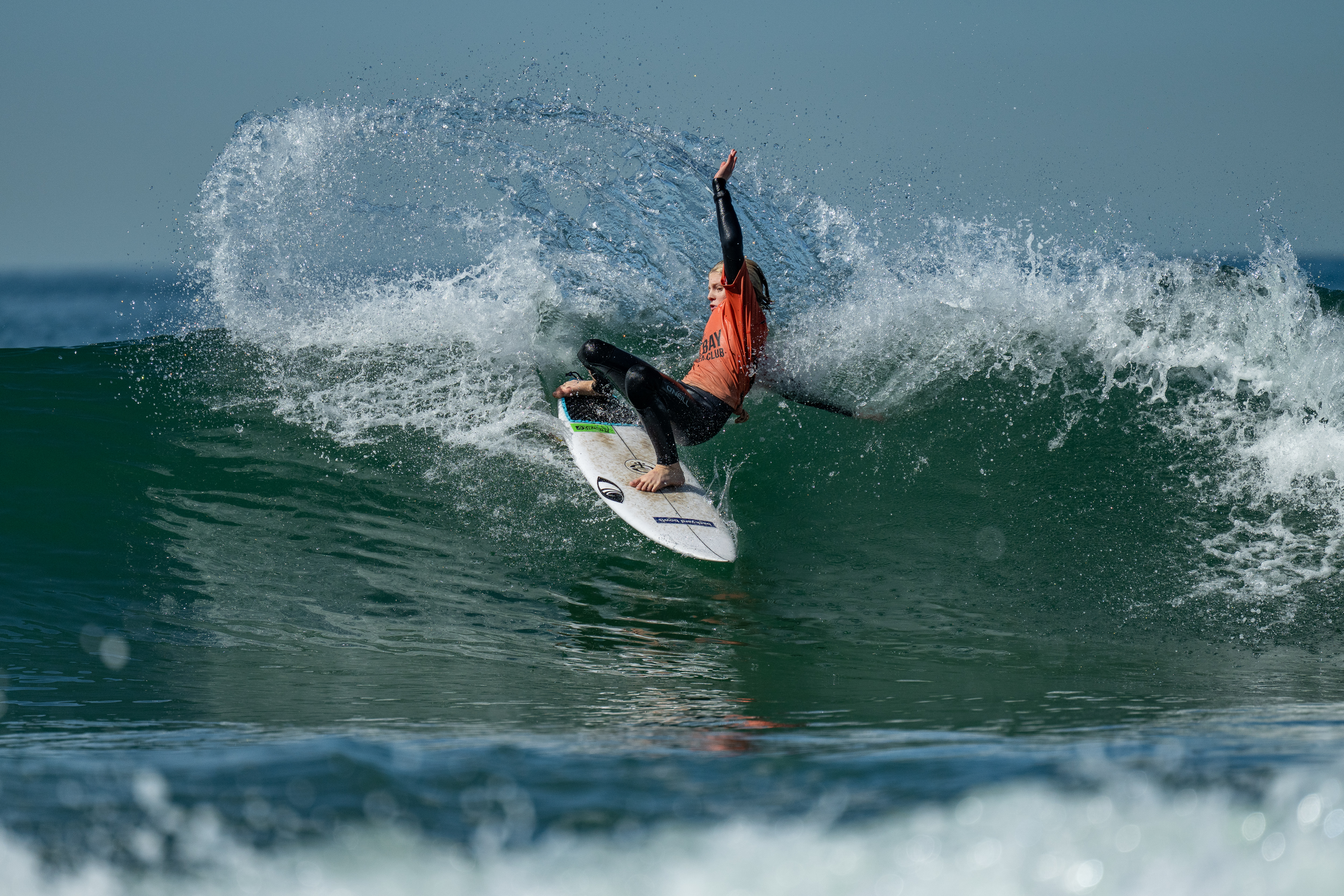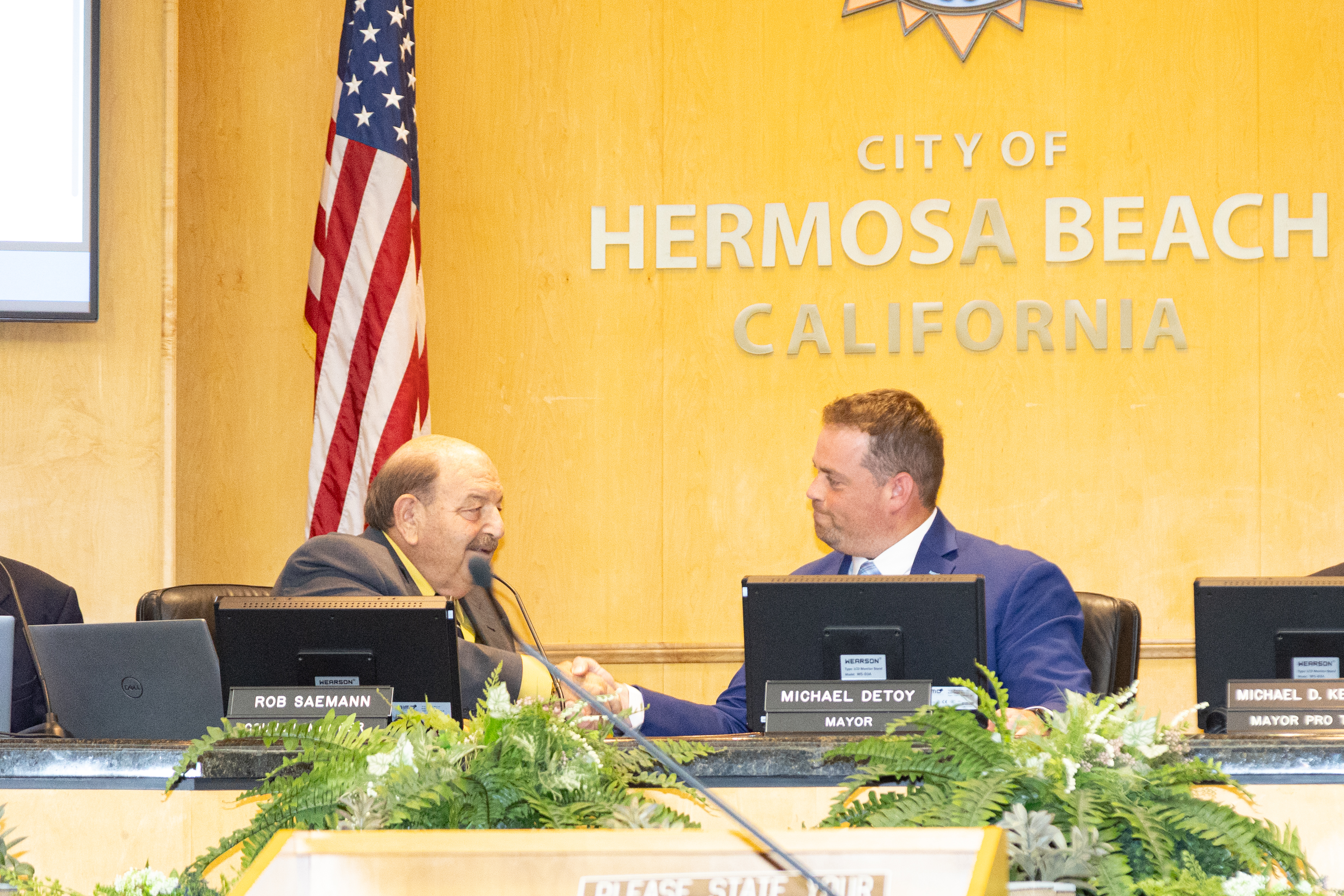German food has always been popular in the USA, but never had quite the cachet of French cuisine. French restaurateurs cultivated their reputations for complex and elegant dishes, while German food resembled home cooking – and the resemblance wasn’t an accident. German immigrants shaped American cuisine, most obviously in the Pennsylvania and in Midwest where their favorites became the bedrock of American tradition.

The South Bay has few German restaurants, one of which is very well hidden – Café Cego’s is tucked behind the Peninsula Library on the Brickwalk, and many people have no idea it is there. I had forgotten about it myself after having a good meal there almost a decade ago, and we were actually on our way somewhere else when we saw the sign and stopped in. It’s a cute, homey place with considerable charm – fresh flowers and candles adorn tables set with good linens. The menu is oddly at odds with this atmosphere, a Spartan plastic-covered card with terse descriptions of the dishes. Most of the offerings are German, but there is also a scattering of items from elsewhere – you can get a quesadilla, Cajun style tuna, or scallops in a ginger citrus sauce if you so desire.
We decided to start with a Northern European specialty – homemade graved lax, salmon cured in a mixture of sugar, salt, and schnapps. There is usually a sprinkling of dill in the pickling mix, but at Café Cego’s a dill sauce is served on the side. I thought that dill sauce made the dish, which was otherwise a bit sweet to me, but my companions liked the salmon just as it was, a starter much like lox with a little sweet tang to it.
The salmon was accompanied by hot whole wheat rolls, apparently baked in-house, and I’d make an excuse to return to this café just to eat them again – these are head and shoulders above most bread served in the South Bay. They went wonderfully with our other starter, a bouillabaisse that was listed on the menu as Mediterranean fish soup. It was not made in a strictly traditional style – the thick roux that gives body to a bouillabaisse stock was missing, and the cilantro that dusted the top was definitely Pacific Rim rather than Mediterranean. It was a very good seafood soup in a flavorful herbed broth, fine on its own merits and packed with mussels, shrimp, and fish.
We matched the starters with wine from Castle Rock, a small-volume producer owned by a local PV resident. The Sauvignon Blanc went very nicely with the seafood soup, while the Pinot Noir was better with the dishes that followed. We selected German favorites: Wiener schnitzel, beef stroganoff, and chicken paprikash. (And for those who are about to point out that paprikash originated in Hungary, stroganoff in Russia, I respond that you find those items wherever you travel in Germany, and they’re made in a German style. It’s like burritos in California, a foreign food that has completely nativized and has its own tradition)
The schnitzel was surprising – not a large piece of meat pounded very flat, but two pieces left a bit thicker than I expected. Pounding tenderizes the meat, but from the first bite it was obvious that this didn’t need any more than it got – it cut easily with a fork, and the juicy veal had a crisp exterior that showed that it had been properly made. What looked like a small portion was nicely filling, especially along with the mixed fresh vegetables and a healthy portion of rosti – Bavarian-style hash browns.
The stroganoff was served over the German homemade noodles called spatzle and the sour cream sauce had a delicately spicy bite, as though a dash of curry had been added. The portion was generous, the taste rich, and as my glass had run a bit dry I decided to try a wine that sounded interesting – Estrella Creek’s Moondancer, a blend of Syrah and Grenache. This was a stellar companion to the food, and I’m going to look for it locally so I can experiment with it further.
The chicken paprikash was mild but had the slight tang of smoked paprika, a flavor that can taste almost bitter when it is overused. It was under control here; I might have liked the flavor a bit more robust, but my wife thought it perfect just as it was.
We had just enough room left to split a dessert among the three of us, and a lady at a nearby table who heard us mulling over the list strongly recommended the rhubarb pie with a meringue topping. I’m not usually a big fan of meringue, but this was not over-sweet and made a fine foil to the tart rhubarb on an excellent crumb crust. Along with a cup of good strong coffee, it was a fine finish to the meal.
The bill for three with wine was $115.00 – reasonable indeed for good food in a pleasant atmosphere. I won’t wait another decade to visit Café Cego’s – it’s a gem of a place for an unhurried meal of Northern European favorites.
Café Cego’s, 777 Deep Valley Drive, RHE. Open daily for breakfast, lunch and dinner – hours vary, call first. No website, phone 310-541-2600.








